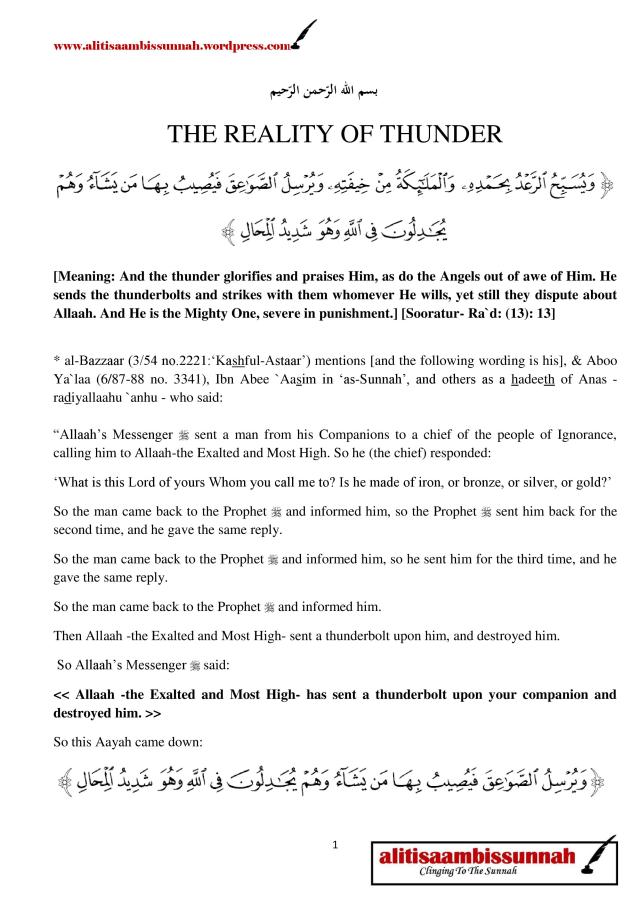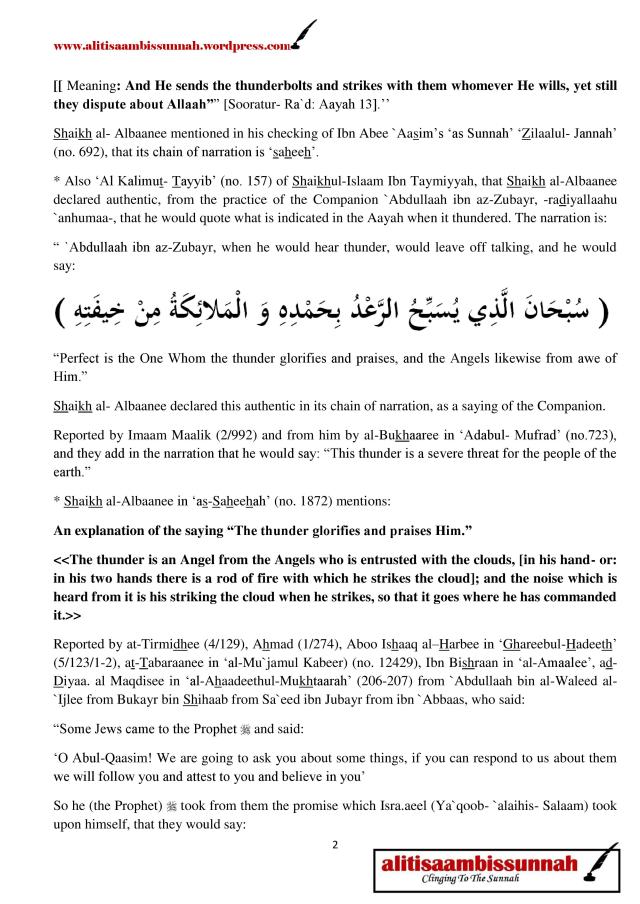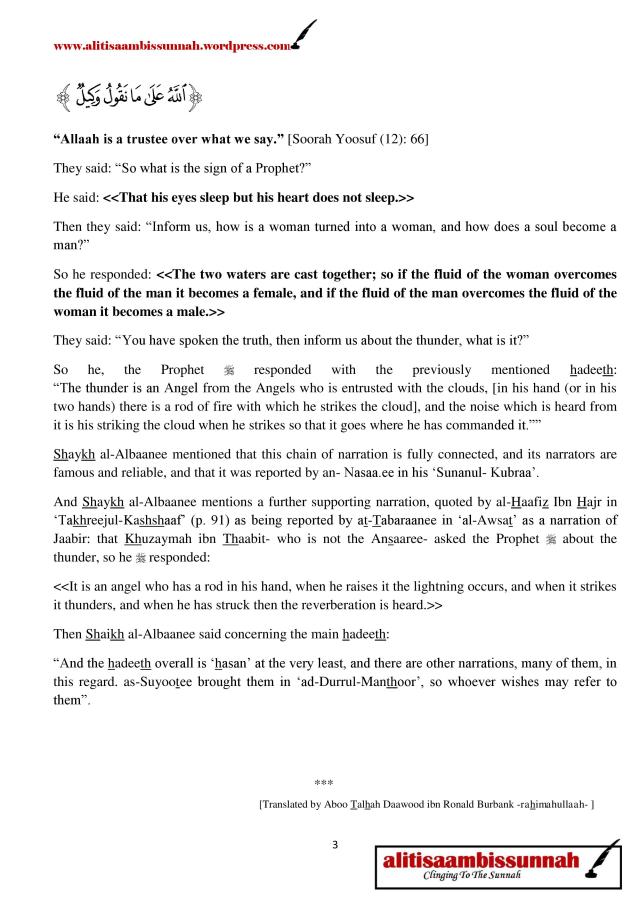Shaykh ibn Uthaymeen (rahimahullaah) :
Then what is worse than that; is some Muslims celebrate the New Year, and they glorify it and venerate it, and it is connected to the religious occasion of the Christians; which is; what? The birthday of the Messiah Eesa ibn Maryam peace be upon him. Thus celebrating New Year’s Eve, yes, in relation with the birth of the Messiah; this is rejoicing with their religious rites and practices. And rejoicing with kufr practices—if the person who is pleased with this is safe from disbelief—then it is as ibn Al Qayyim, may Allah have mercy upon him said in his book, ‘the ruling on the dhimmi’ it is more severe than being pleased with drinking alcohol and worshiping the cross.
Thus the affair is very dangerous O brothers. It is not permissible for the person to celebrate Christmas; if he is a Muslim. And it is not permissible for him to congratulate them for this holiday; if he is a Muslim. And it is not permissible for him to respond to this greeting if they congratulate him for this holiday; if he is a Muslim.
Subhan’Allah! Shall we congratulate them for a holiday which is considered as a religious practice? And is this anything other than being pleased with disbelief? But most of those who congratulate them do not intend to exalt their religion or practices, but rather they only intend what; to be courteous. And this is incorrect.
If someone says; I am courteous to them because they are courteous to me and they congratulate me for Eid Al-Fitr and Eid Al-Adha. We say: Alhamdulillah. If they congratulate you with Eid Al-Adha and Eid Al-Fitr, then they have congratulated you for legislated holiday, which Allah has made for His slaves. And it is mandatory for Eid Al-Adha and Eid Al-Fitr to be their holidays, because it is obligatory upon them to accept Islam. But if you congratulate them for Christmas then you are congratulating them for a holiday which Allah has not designated as a holiday.
Thus Christmas has no basis in history and it has no basis in the religious legislation. Eesa ibn Maryam did not command them to establish this holiday. Thus it is either that, which was entered into the religion of the Messiah as innovation and misguidance, or it was prescribed in the legislation of Eesa ibn Maryam but it has been abrogated by the legislation of Islam. Therefore it has no basis by any estimation. Because if we said it is from the innovation of the Christians and it is not from their legislation; then it is misguidance. And if we said it is from their legislation, then it has been abrogated; and to worship Allah with an abrogated religion is misguidance; thus it is misguidance by any estimation. And because it is misguidance, how is it befitting for me—while I am a Muslim—to congratulate them for it?!
And we have answered the issue of them congratulating us for our Eid and us not congratulating them for their holiday because our Eid has been legislated by Allah the Exalted; while their holiday is not legislated. This is because it has either been fabricated in their legislation or abrogated by our legislation. Thus it has no basis in any regard.





